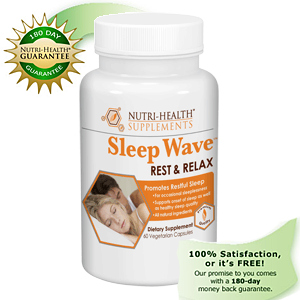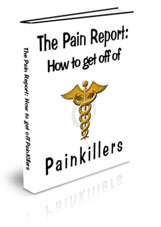Pain Killers and The Brain
When talking to people who are not addicts or addicted to pain killers, I always find a recurring theme in that they do not understand the nature of addiction or addiction to pain killers or opiates as a whole. Opiates are a derivative of opium and Opioids are synthetic opiates, or man made opiates. Many arguements have been started on which is more addictive but the fact remains they are both highly addictive and hard to get off and stay off of. There is just so much a person who has never been addicted to opiates just doesn’t understand because they DO NOT know the feeling, and believe me, opiate addiction is definitely a Feeling. When you such an intense gnawing little voice of fear, pain and need pulling at your whole being, it’s hard to say no. what I am talking about is opiate withdrawal. The clinical description of this would be something like this:
and symptoms look like this (to put it mildly):
This is just the initial withdrawal from painkillers, we’re not talking about the post acute withdrawal period in which “post acute withdrawal syndrome” (PAWS) can occur. After the initial withdrawal or detox, then you have residual detox and the brain trying to function normally, but it just can’t. At least not yet, and it can take months or years for a persons brain chemistry to get back to normal. It is this period of time that can be the most difficultfor many to STAY OFF of the drugs, because it is here where the nagging and gnawing little voices start talking. I am not talking hallucinations, but I am talking depression and anxiety and the want to just be happy again. What happenes when a person is addicted to pain killers is their brain stops making endorphins, the bodys natural pain killers and the thing that keeps us from getting depressed. When a person starts taking pain meds for an extended length of time, their brain stops making endorphins because opiates look just like endorphins to the brain and the brain stops making them. After so long the brain can’t make them and the pain killer is not depended upon for endorphins or the imitation endorphins. Clinically the opiate dependance is spelled out like this:
“Opiate addiction is recognized as a central nervous system disorder caused by continuous opiate use. Extended opiate abuse leads to the nerve cells in the brain to stop functioning as they normally would and stop producing natural endorphins. Because the body is receiving opiates and is no longer producing endorphins, the nerve cells start to degenerate and cause an opiate addiction.”
Pain Killer addiction is not somethign to be taken lightly. Remember the old cammercials that said ” Just say No!”, heck if it were that easy we would have just said no. but it just isn’t as easy as that. Opiate dependance is a huge problem in the world and it isn’t going away anytime soon.
There are now outpatient detox and treatment programs that use a new method of treating pain pill dependance. Part of the initial detox plan is with the use of a new drug that mimics the pain killer chemistry but it:
- doesn’t get the patient high
- it allows them to stop using pain pills immediately
- stops the symptoms of withdrawal such as bone and muscle pain, anxiety, nausea and all the rest..etc.
- let me just say this again, painless withdrawal from pain pills
- is easy to get off of once the patient is detoxed off the pain meds
- is affordable and is outpatient
which is as we all know much much less expensive than an inpatient treatment, and can be done at home. Another thing about treatment at home, especially with adolescents and teenagers, is it is less stigmaticizing than a big production of going to inpatient treatment and the person is more likely to cooperate with this than the other.
If you would like more information on this and the treatment I speak of please sign up for my newsletter. You will recieve a 7 part series on addiction and recovery from pain killers as well as learn about the latest treatment drug and outpatient help.
Get my Report on How to get off Painkillers with Suboxone HERE, It's only $14.97
If you liked this post please share it with the buttons below.


















[…] it is usually the least severe stage of the opiate withdrawal timeline. In this stage we experience PAWS (Post Acute Withdrawal Syndrome). It can take anywhere from one week to two months or more. Some people don’t even […]